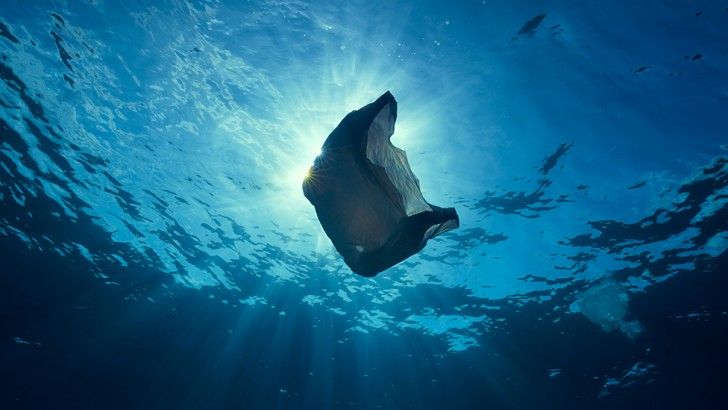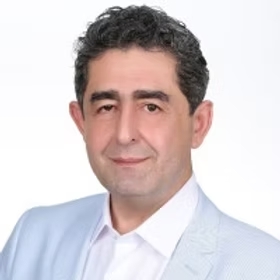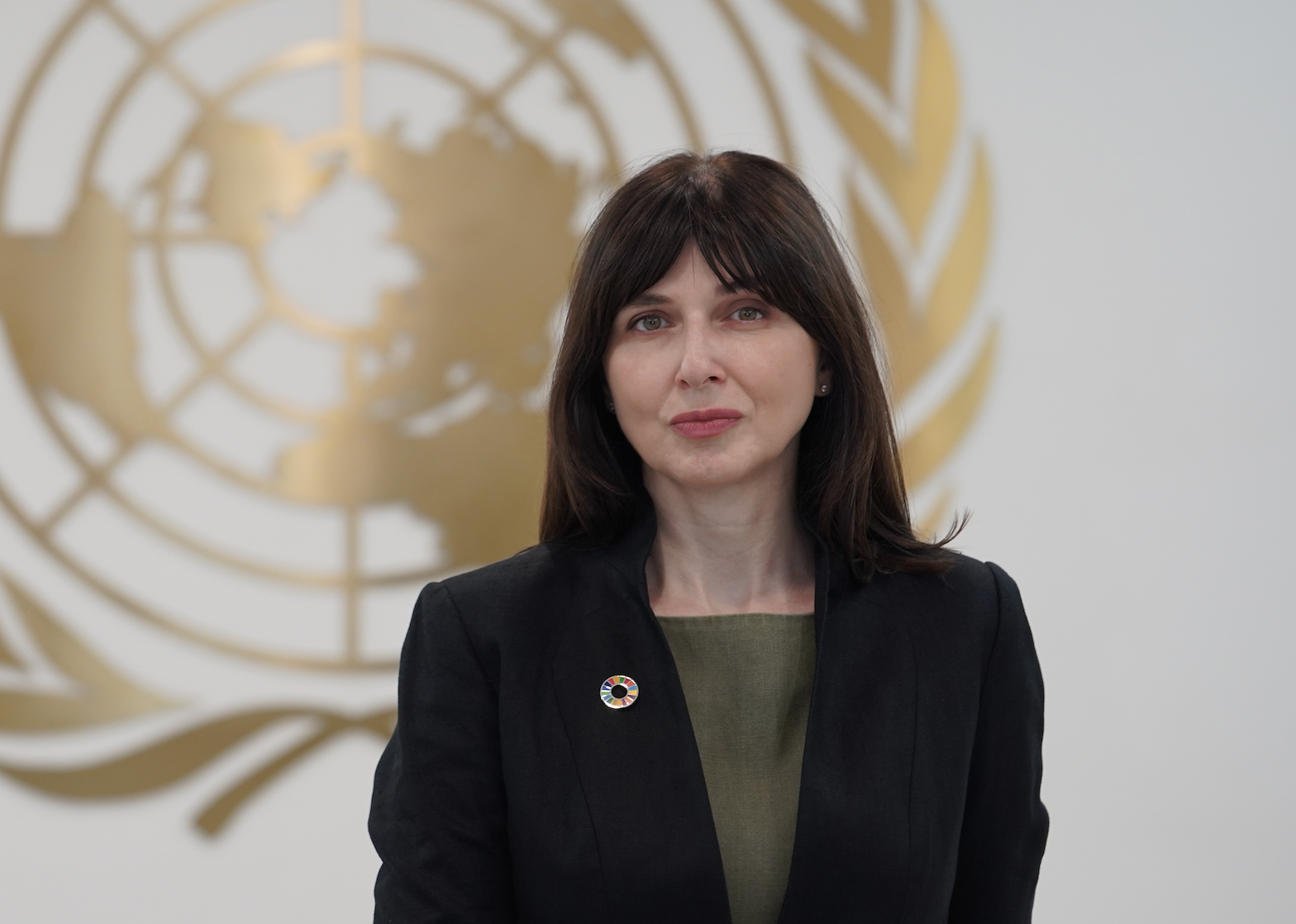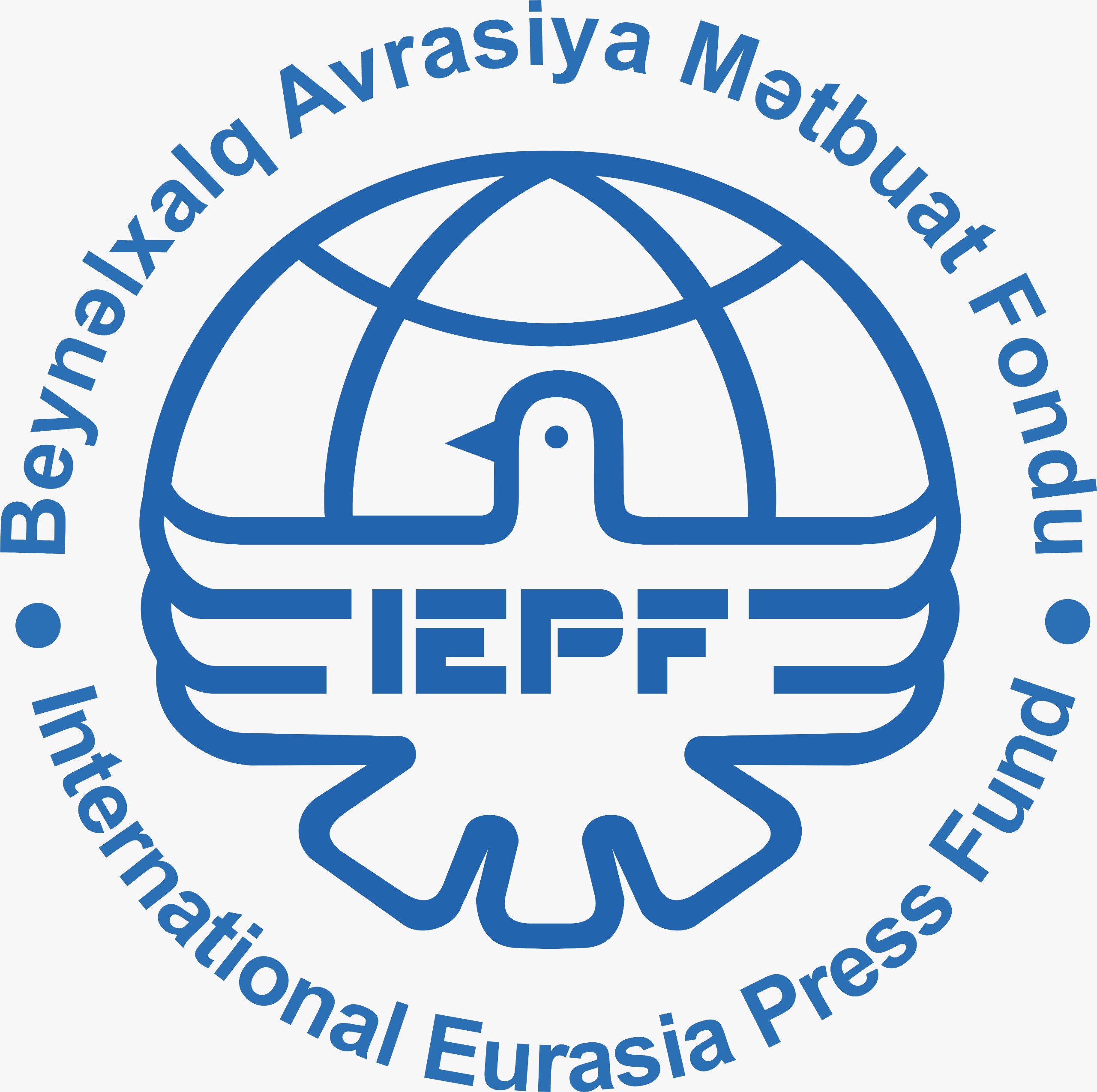Plastic doesn’t just look like food, it smells, feels and even sounds like food.
In a recent interview about Blue Planet II, David Attenborough describes a sequence in which an albatross arrives at its nest to feed its young.
“And what comes out of the mouth?” he says. “Not fish, and not squid – which is what they mostly eat. Plastic.”
It is, as Attenborough says, heartbreaking. It’s also strange. Albatrosses forage over thousands of kilometres in search of their preferred prey, which they pluck from the water with ease. How can such capable birds be so easily fooled, and come back from their long voyages with nothing but a mouthful of plastic?
It’s small comfort to discover that albatrosses are not alone. At least 180 species of marine animals have been documented consuming plastic, from tiny plankton to gigantic whales. Plastic has been found inside the guts of a third of UK-caught fish, including species that we regularly consume as food. It has also been found in other mealtime favourites like mussels and lobsters. In short, animals of all shapes and sizes are eating plastic, and with 12.7 million tons of the stuff entering the oceans every year, there’s plenty to go around.
Even in the most remote areas of the open ocean, plastic flotsam can be found, with far-reaching consequences for marine life
The prevalence of plastic consumption is partly a consequence of this sheer quantity. In zooplankton, for example, it corresponds with the concentration of tiny plastic particles in the water because their feeding appendages are designed to handle particles of a certain size. “If the particle falls into this size range it must be food,” says Moira Galbraith, a plankton ecologist at the Institute of Ocean Sciences, Canada.
Like zooplankton, the tentacled, cylindrical creatures known as sea cucumbers don’t seem too fussy about what they eat as they crawl around the ocean beds, scooping sediment into their mouths to extract edible matter. However, one analysis suggested that these bottom-dwellers can consume up to 138 times as much plastic as would be expected, given its distribution in the sediment.
For sea cucumbers, plastic particles may simply be larger and easier to grab with their feeding tentacles than more conventional food items, but in other species there are indications that plastic consumption is more than just a passive process. Many animals appear to be choosing this diet. To understand why animals find plastic so appealing, we need to appreciate how they perceive the world.
“Animals have very different sensory, perceptive abilities to us. In some cases they’re better and in some cases they’re worse, but in all cases they’re different,” says Matthew Savoca at the NOAA Southwest Fisheries Science Center in Monterey, California.
One explanation is that animals simply mistake plastic for familiar food items – plastic pellets, for example, are thought to resemble tasty fish eggs. But as humans we are biased by our own senses. To appreciate animals’ love of plastic, scientists must try to view the world as they do.
Many animals appear to be choosing a plastic diet
Humans are visual creatures, but when foraging many marine animals, including albatrosses, rely primarily on their sense of smell. Savoca and his colleagues have conducted experiments suggesting that some species of seabirds and fish are attracted to plastic by its odour. Specifically, they implicated dimethyl sulfide (DMS), a compound known to attract foraging birds, as the chemical cue emanating from plastic. Essentially, algae grows on floating plastic, and when that algae is eaten by krill – a major marine food source – it releases DMS, attracting birds and fish that then munch on the plastic instead of the krill they came for.
Even for vision, we can’t jump to conclusions when considering the appeal of plastic. Like humans, marine turtles rely primarily on their vision to search for food. However, they are also thought to possess the capacity to see UV light, making their vision quite different from our own.
Qamar Schuyler at The University of Queensland, Australia, has got into turtles’ heads by modelling their visual capabilities and then measuring the visual characteristics of plastics as turtles see them. She has also examined the stomach contents of deceased turtles to get a sense of their preferred plastics. Her conclusion is that while young turtles are relatively indiscriminate, older turtles preferentially target soft, translucent plastic. Schuyler thinks her results confirm a long-held idea that turtles mistake plastic bags for delicious jellyfish.
Colour is also thought to factor into plastic consumption, although preference varies between species. Young turtles prefer white plastic, while Schuyler and her colleagues found that seabirds called shearwaters opt for red plastic.
Every year, around 8 million metric tons of plastic waste enters the ocean
Besides sight and smell, there are other senses animals use to find food. Many marine animals hunt by echolocation, notably toothed whales and dolphins. Echolocation is known to be incredibly sensitive, and yet dozens of sperm whales and other toothed whales have been found dead with stomachs full of plastic bags, car parts and other human detritus. Savoca says it’s likely their echolocation misidentifies these objects as food.
“There’s this misconception that these animals are dumb and just eat plastic because it is around them, but that is not true,” says Savoca. The tragedy is that all these animals are highly accomplished hunters and foragers, possessing senses honed by millennia of evolution to target what is often a very narrow range of prey items. “Plastics have really only been around for a tiny fraction of that time,” says Schuyler. In that time, they have somehow found themselves into the category marked ‘food’.
Could you walk around with 12kg of plastic in your stomach?#OurBluePlanet #BluePlanet2 pic.twitter.com/cUmdW9izod
— BBC Earth (@BBCEarth) December 12, 2017
Because plastic has something for everyone. It doesn’t just look like food, it smells, feels and even sounds like food. Our rubbish comes in such a range of shapes, sizes and colours that it appeals to a similarly diverse array of animals, and this is the problem. Schuyler recalls someone asking, “why don't we make all the plastics blue?”, seeing as experiments suggest this colour is less popular among turtles. But other studies have shown that for other species the opposite is true.
So if there is no ‘one size fits all’ solution, no aspect of plastic that we can easily change to prevent animals from eating it, then what can we take from our foray into the minds of plastic-eaters? Savoca hopes that tragic stories like Attenborough’s albatross will help to turn the consumer tide against disposable plastics and encourage people to empathise with these animals. Ultimately this will help to cut off the supply of junk food pouring into the oceans.










